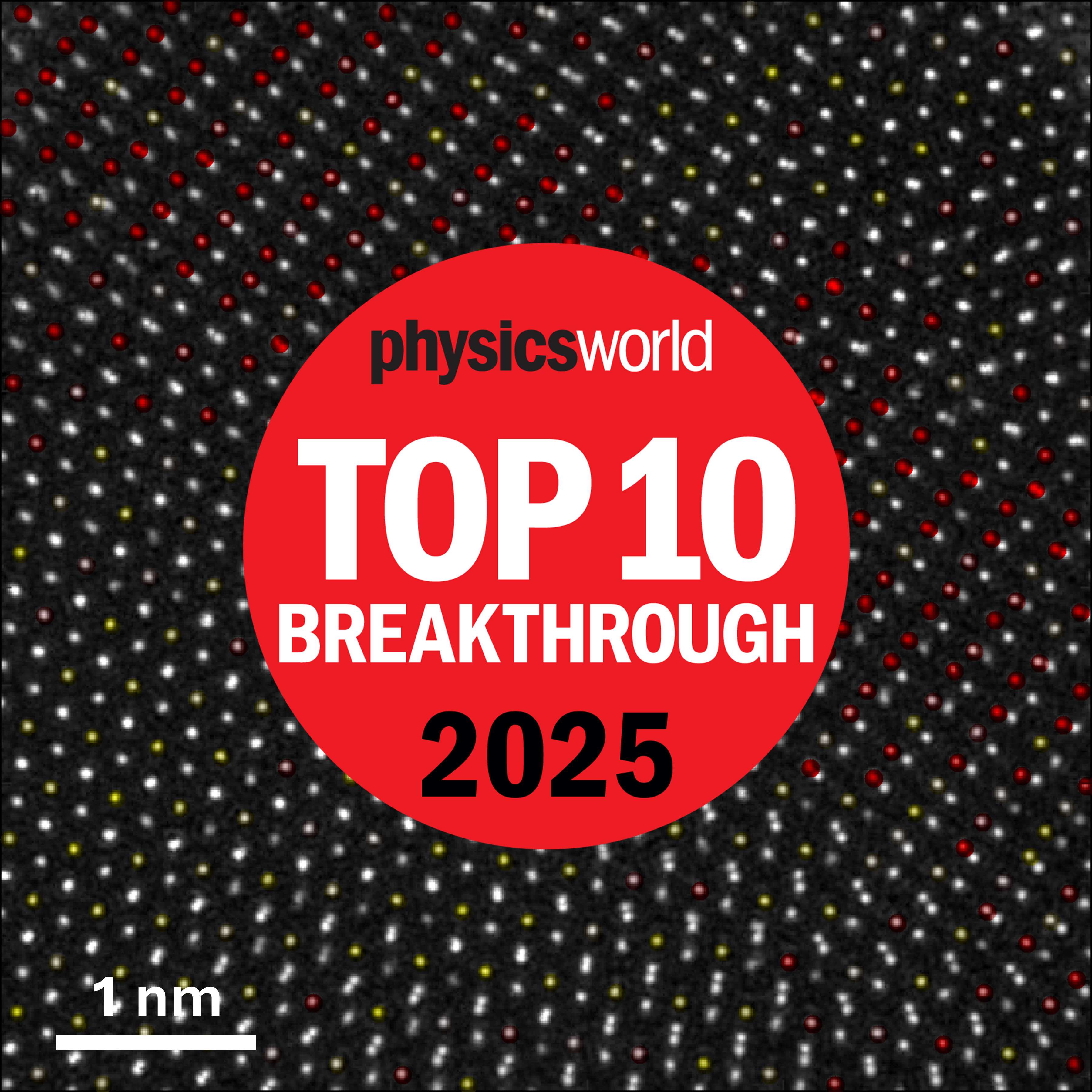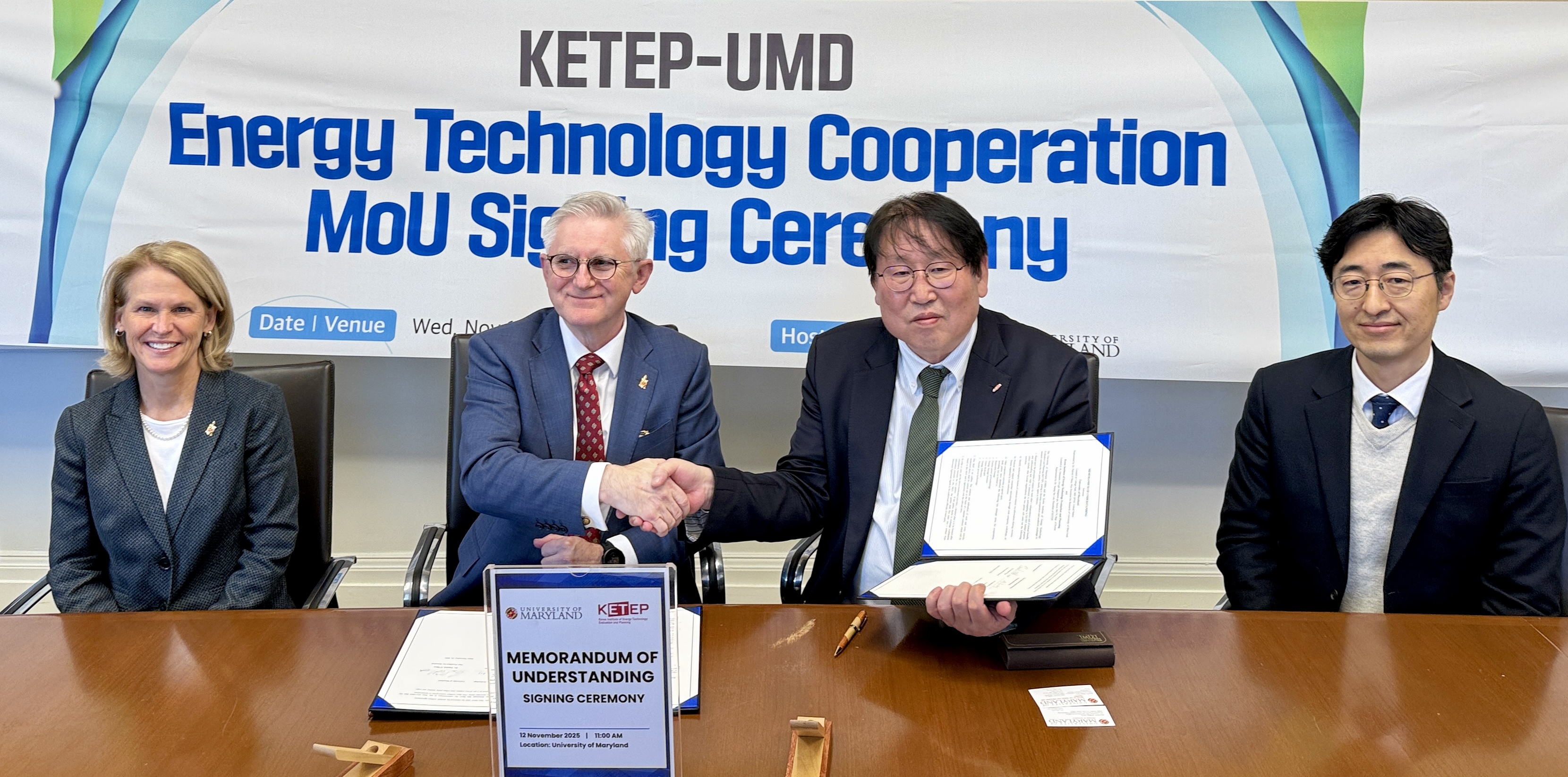News Story
2008 Energy Sustainability Conference Report
The 2nd International Conference on Energy Sustainability, co-located with the ASME Heat Transfer, Nano, and Fluids Conferences, brought together over 800 attendees from education, government, and industry. Held from August 10th-14th in Jacksonville, Florida, conference topics included energy policy, climate change, sustainable energy metrics, zero energy homes, solar power, and water desalination, among many others. University of Maryland graduate student Patrick Luckow presented a paper on energy-efficient polymer heat exchangers. A lively discussion followed the presentation, and showed a strong interest by conference attendees in alternative ways to save energy.
The day prior to the conference, a day-long workshop on the role of combined cooling, heating, and power (CHP) was held. Topics ranged from CHP installations in Florida to financial incentives and power quality. The conference officially began the following day with a keynote speech by Dr. Kathryn McCarthy of the Idaho National Laboratory on the merits of nuclear energy. Adamantly for the expansion of nuclear power in the US, Dr. McCarthy discussed future high temperature reactor designs and potential solutions to allow nuclear fuel recycling without the security risks of creating plutonium. She argued that nuclear power should be considered renewable in the same vain as solar and wind are today.
Other presentations included a discussion of the first commercial biomass plant in the US at the University of South Carolina, by Dr. Jeffery Morehouse as well as the merits of power purchase agreements (PPA) in eliminating the barriers to solar photovoltaic implementation by Stephen Goodbody, vice president of engineering at Soltage, Inc.
Plenary lectures included a discussion of the country’s need to reduce emissions while simultaneously increasing energy security, by J. Michael Davis of the Pacific Northwest National Laboratory, as well as the need for more sustainable energy sources by Trung Van Nguyen of the National Science Foundation. All Nguyen could do to address the concerns of an audience frustrated with the meager budget for fundamental renewable energy research was direct them to their legislators.
By the end of the conference, planning was already beginning for the 2009 Energy Sustainability to be held in San Francisco, surely to continue the growth of this important meeting of scientists, educators, and business professionals interested in efficient energy solutions.
Published August 21, 2008








